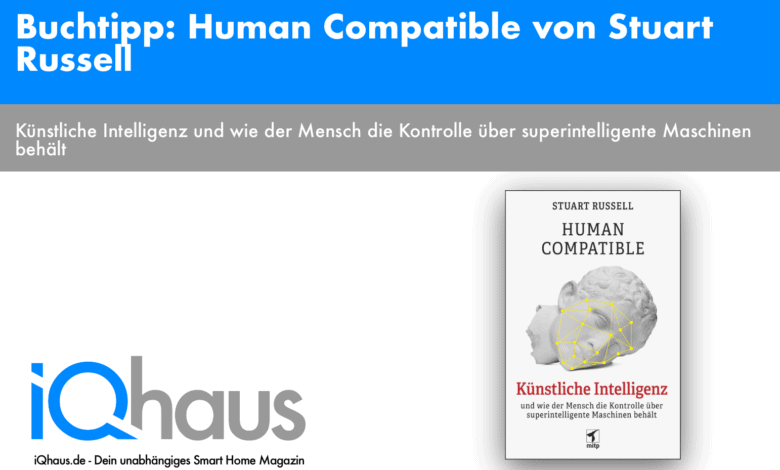

“To get just an inkling of the fire we're playing with, consider how content-selection algorithms function on social media.

Human Compatible: Artificial Intelligence and the Problem of Control Rather than pursuing the idea that there is no freedom of thought without access to true information, democracies seem to have placed a naïve trust in the idea that the truth will win out in the end, and this trust has left us unprotected.”

And therein lies the difficulty: democratic nations, particularly the United States, have for the most part been reluctant-or constitutionally unable-to prevent the imparting of false information on matters of public concern because of justifiable fears regarding government control of speech. impart information and ideas through any media and regardless of frontiers.” That is, anyone, anywhere in the world, has the right to impart false information to you. Articles 18 and 19 establish the rights of “freedom of thought” and “freedom of opinion and expression.” One’s thoughts and opinions are, of course, partly formed by one’s information environment, which, in turn, is subject to Article 19’s “right to . . . CHAI’s mission is to develop the conceptual and technical wherewithal to reorient the general thrust of AI research towards provably beneficial systems.“The right to mental security does not appear to be enshrined in the Universal Declaration.

Told to clean the bath, a domestic robot might, like the Cat in the Hat, use mother’s white dress, not understanding that the value of a clean dress is greater than the value of a clean bath. The issue, he said, is that machines as we currently design them in fields like AI, robotics, control theory, and operations research take the objectives that we humans give them very literally. Russell is quick to dismiss the imaginary threat from the sentient, evil robots of science fiction. Russell, a Berkeley professor of electrical engineering and computer sciences and the Smith-Zadeh Professor in Engineering, is co-author of Artificial Intelligence: A Modern Approach, which is considered the standard text in the field of artificial intelligence, and has been an advocate for incorporating human values into the design of AI. Launched in 2016, the Center for Human-Compatible Artificial Intelligence (CHAI) is led by UC Berkeley artificial intelligence (AI) expert Stuart Russell.


 0 kommentar(er)
0 kommentar(er)
